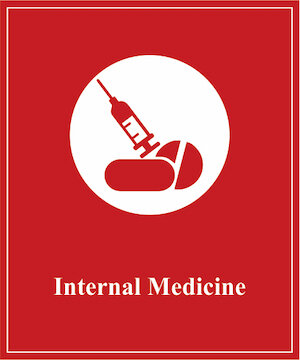Department of Kidney Transplant
About
A kidney transplant is a surgical procedure in which a healthy kidney from a donor is placed into a person whose kidneys are no longer functioning correctly, typically due to chronic kidney disease or kidney failure. This procedure is considered when other treatments, such as dialysis, are no longer sufficient to maintain the patient's health & quality of life.
Reasons for Kidney Transplantation
Kidneys perform vital functions such as filtering waste, regulating fluids, and balancing electrolytes. When they fail to perform these tasks due to disease, a transplant becomes a necessary option. Common conditions leading to kidney failure include:
Diabetes (diabetic nephropathy).
High blood pressure (hypertensive nephropathy).
Chronic glomerulonephritis (inflammation of the kidney's filtering units).
Polycystic kidney disease (an inherited condition).
+ Key procedures (IPD)
- Kidney Transplantation: Involves replacing a diseased kidney with a healthy one from a donor. The surgery can be done using either a living donor or a deceased donor kidney.
- Pre-transplant Evaluation: Assessing the recipient’s overall health to ensure they are fit for surgery and post-transplant care.
- Post-transplant Monitoring: Monitoring for signs of rejection and complications, ensuring the patient’s body accepts the new organ.
+ Key Equipment & Infrastructure
- Dialysis Machines: Used for pre-transplant patients and post-surgical care.
- Ultrasound Machines: Essential for monitoring kidney health and post-transplant complications.
- Surgical Tools: Advanced instruments for performing minimally invasive transplant surgeries.
+ Key Services
- Pre-Transplant Counseling
- Post-Transplant Care & Rehabilitation
- Immunosuppressive Therapy
+ In-House Investigations
- Kidney Biopsy
- Blood and Tissue Typing
- Cross-matching Tests
- Renal Function Tests (Creatinine, GFR)



















